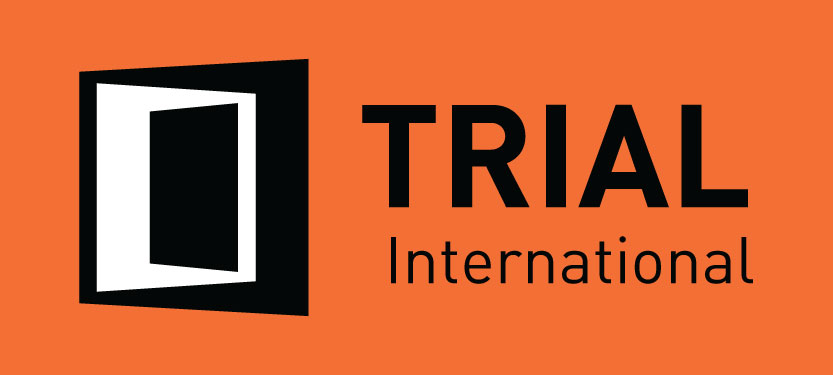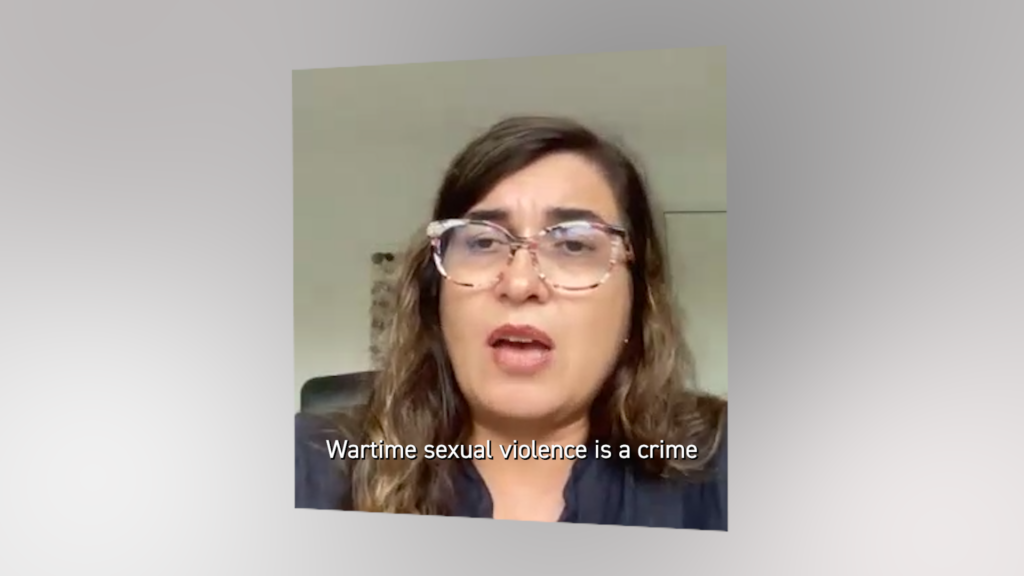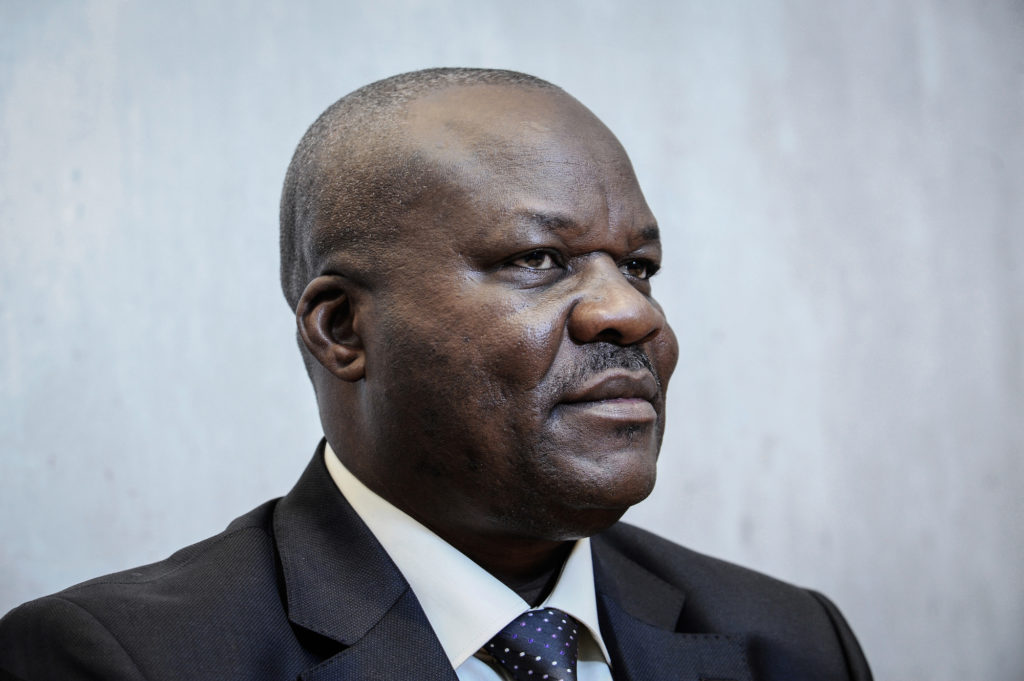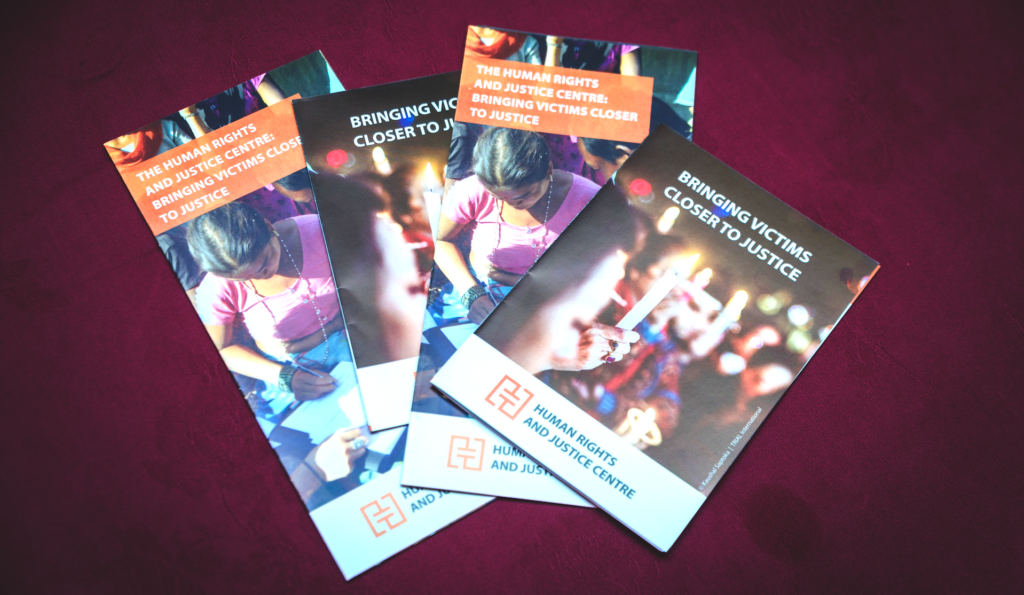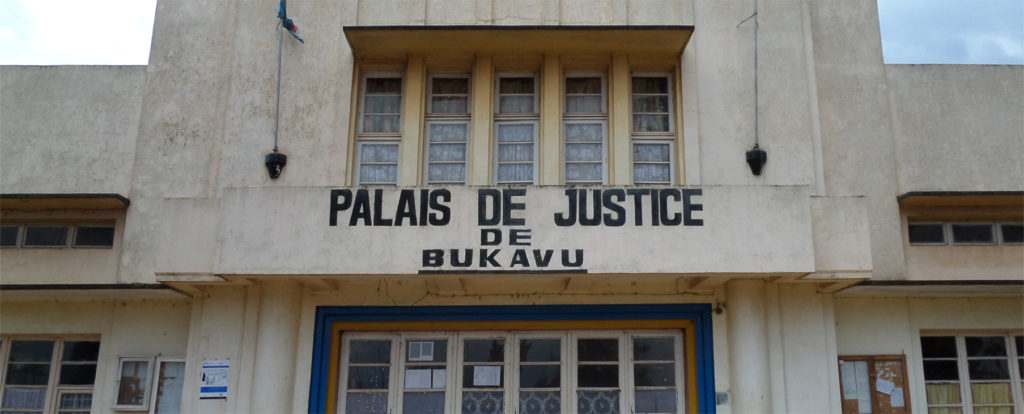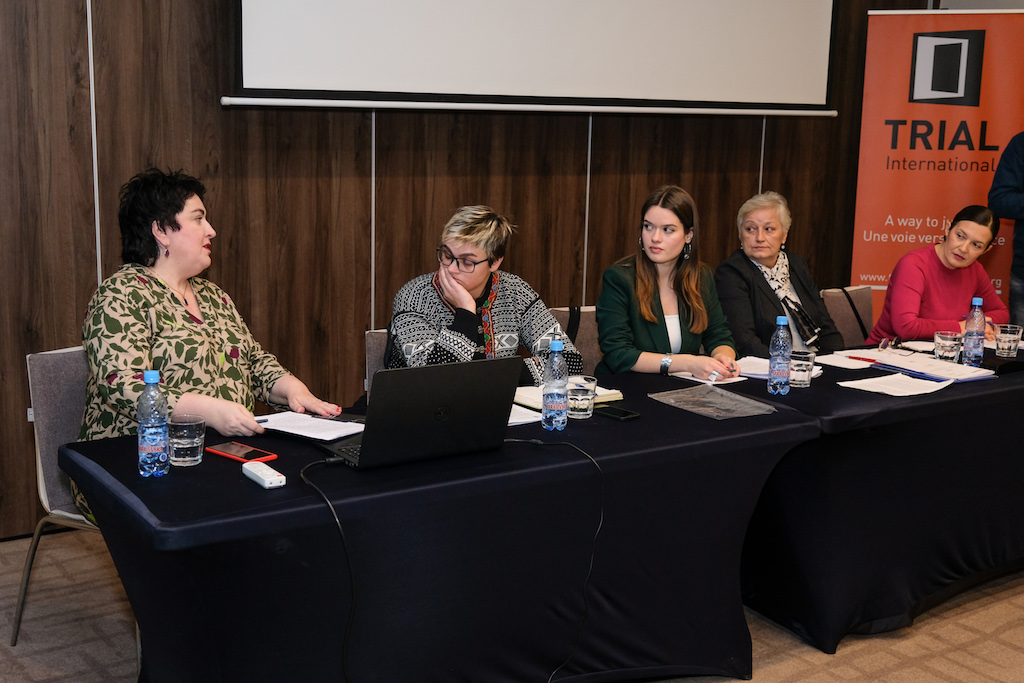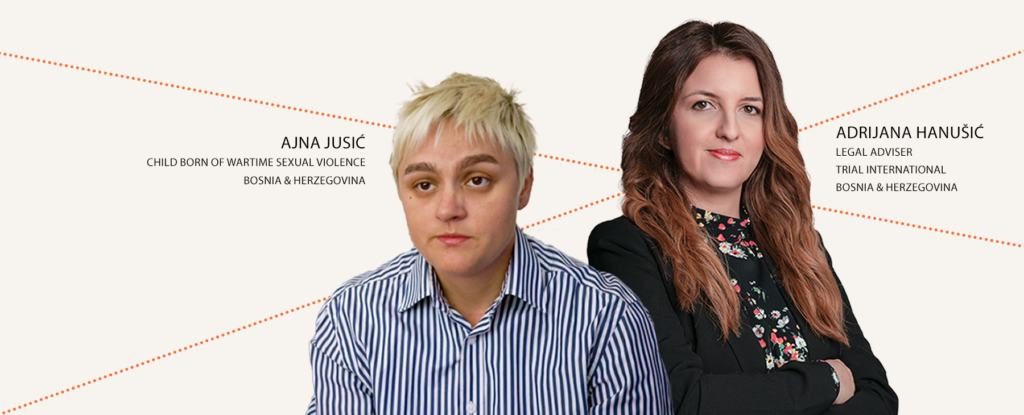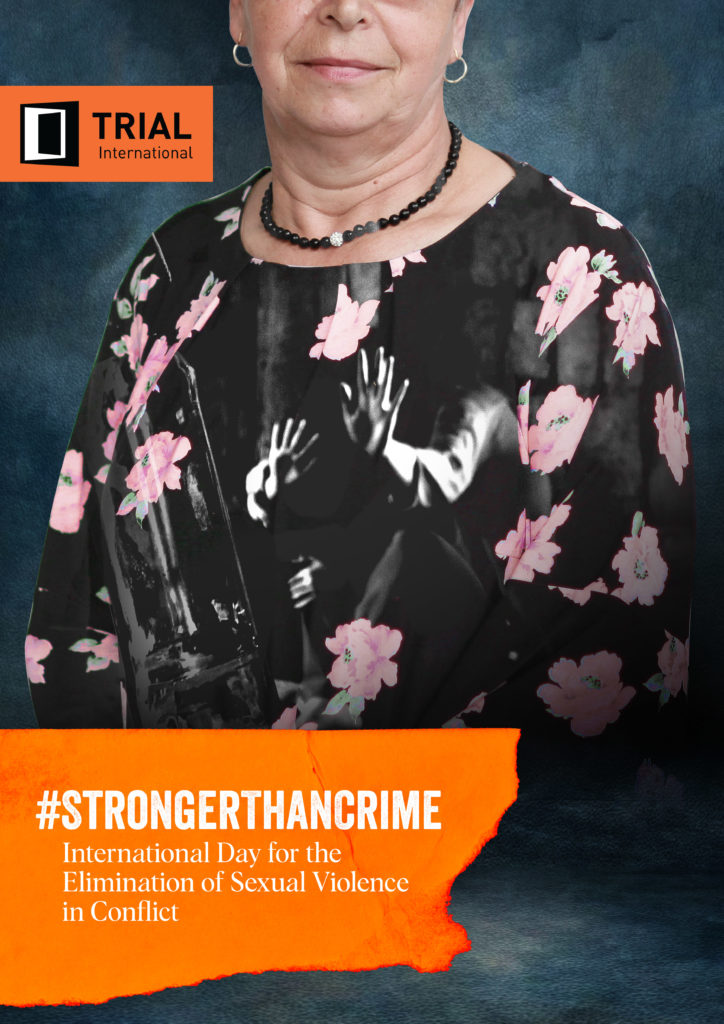Video: survivors of Conflict-Related Sexual Violence in BiH seek justice outside of their country
(Sarajevo, December 18, 2023) TRIAL International submitted a new case before the UN Committee against Torture in a group petition on behalf of four survivors of conflict-related sexual violence, who were not paid the awarded compensation for the trauma they suffered, and who, due to the application of the statute of limitations, do not have the opportunity to claim compensation from the state of Bosnia and Herzegovina (BiH) or the entity they consider responsible. There is currently no effective reparative solution in BiH for cases in which the perpetrator of the crime is unable to pay compensation for non-material damage, which points to the existence of a systemic problem.
“The applicable legislation in BiH does not provide alternative solutions, that is, sanctions for perpetrators who are unable to pay out the compensation awarded to the survivors. In situations like these, it is certain that the state of Bosnia and Herzegovina should take proactive and decisive steps to ensure that survivors of conflict-related sexual violence, as well as victims of other forms of wartime torture, receive the reparations that they certainly deserve” explained Ajna Mahmić, legal coordinator of TRIAL International Office in Bosnia and Herzegovina.
Where no compensation was awarded following criminal proceedings, victims in search of justice were referred to civil proceedings in order to exercise their right to compensation for non-material damages.
“Many survivors found themselves under additional pressure, especially the victims of conflict-related sexual violence, since submitting a claim for compensation in civil proceedings can also mean disclosure of identity” says Samra Čardaković, Legal Advisor at TRIAL International in Bosnia and Herzegovina.
In the absence of a state reparative mechanism, in situations where executive procedures for the collection of non-material damage cannot be carried out due to the real or apparent insolvency of the perpetrator, and claims against the state of Bosnia and Herzegovina and the entities are rejected due to the application of statutes of limitations; the only solution left to the survivors is to turn to international authorities for protection of human rights.
“In this regard, the European Court of Human Rights, similarly to domestic courts, has already taken a restrictive position regarding the interpretation of these claims, which are mostly rejected. Therefore turning to UN mechanisms such as the UN Committee against Torture represents the only remaining effective legal remedy,” Mahmić added.
Although the UN Committee against Torture already issued a decision in 2019 in which it called for Bosnia and Herzegovina to, among other things, establish an efficient reparative mechanism at the state level, the implementation of that decision is still on hold, four years later. It is necessary for government representatives to establish an efficient and comprehensive reparative framework that will ensure an equal level of protection and access to rights and benefits for all victims of war torture, throughout the territory of Bosnia and Herzegovina, and which must be adapted to their specific situation and needs.
